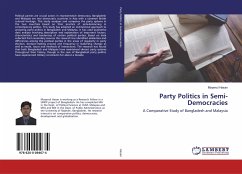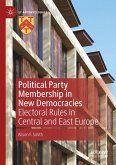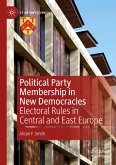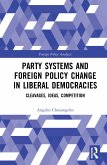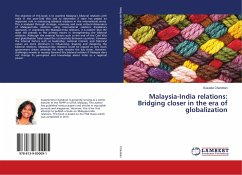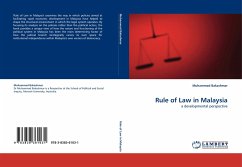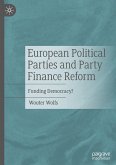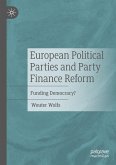Political parties are crucial actors in representative democracy. Bangladesh and Malaysia are two democratic countries in Asia with a common British colonial heritage. This study analyzes and compares the party systems in the two countries based on their practice of semi-democracy in contemporary politics. This study has adopted an institutional approach to analyzing party politics in Bangladesh and Malaysia. It has used qualitative data analysis involving description and explanation of important factors, characteristics and tendencies of certain political parties. Based on data collected from secondary sources the research has identified similarities and differences among the political parties in the areas of regularity in party election, decision-making process and frequency in leadership change as well as mode, issues and methods of interactions. The research has found that both Bangladesh and Malaysia have maintained vibrant party systems throughout their history, though in the case of Bangladesh party politics have experienced military constraints for about a decade.
Bitte wählen Sie Ihr Anliegen aus.
Rechnungen
Retourenschein anfordern
Bestellstatus
Storno

